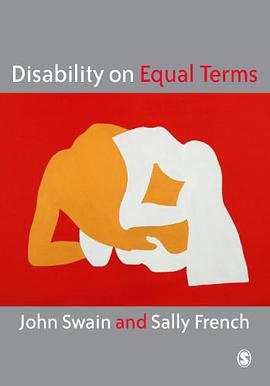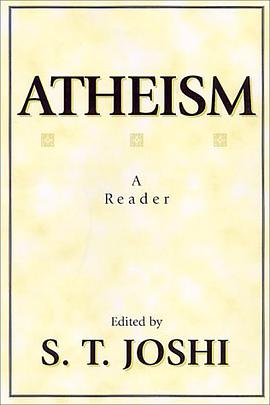

具體描述
A work of Nietzsche's later years, The Antichrist (1888) was written after Thus Spoke Zarathustra and shortly before the mental collapse that incapacitated him for the rest of his life. This work is both an unrestrained attack on Christianity and a further exposition of Nietzsche's will-to-power philosophy so dramatically presented in Zarathustra. Christianity, says Nietzsche, represents "everything weak, low, and botched; it has made an ideal out of antagonism towards all the self-preservative instincts of strong life". By contrast, Nietzsche defines good as: "All that enhances the feeling of power, the Will to Power, and power itself in man. What is bad? -- All that proceeds from weakness. What is happiness? -- The feeling that power is increasing, -- that resistance has been overcome". In attempting to redefine the basis of Western values by demolishing the formative influence of the Judeo-Christian tradition, The Antichrist has proved to be highly controversial and continuously stimulating to later generations of philosophers.
著者簡介
圖書目錄
讀後感
評分
評分
評分
評分
用戶評價
相關圖書
本站所有內容均為互聯網搜索引擎提供的公開搜索信息,本站不存儲任何數據與內容,任何內容與數據均與本站無關,如有需要請聯繫相關搜索引擎包括但不限於百度,google,bing,sogou 等
© 2025 book.quotespace.org All Rights Reserved. 小美書屋 版权所有




















